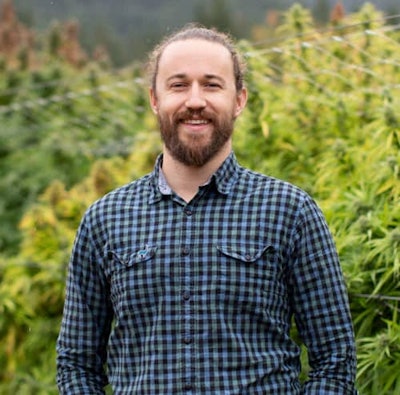

“Unfortunately, in Southern Oregon in particular—this is going to sound bombastic—but there’s been a massive amount of cartel activity this year, more so than probably ever in our history. Almost overnight this year, there’s been a pop-up of cultivation operations that are not state-licensed for adult-use cannabis, and may or may not be licensed to grow hemp, but are largely believed to not actually be growing hemp.”
Mason Walker, CEO of Oregon-based hemp and cannabis cultivator East Fork Cultivars, said when discussing a new state law that, among other provisions, requires Oregon Department of Agriculture agents to visit hemp fields this summer to determine whether the operations are legitimate.

“…[B]etween the inherent danger of the process to make it, the potential toxicity of the product, and its illegality, I’ve got to recommend that people forget about it. It’s just not something that people should be trying.”
Dr. Ethan Russo, a board-certified neurologist, cannabis and endocannabinoid scientist, and CEO and founder of CreDO Science, said of THC-O acetate, an up-and-coming semi-synthetic cannabinoid derived from hemp.

“I think that [with] a lot of the natural buildings, and specifically hemp buildings, there’s a lot of anecdotal evidence out there with people who say it’s great for the environment [and] it performs really well, … but there isn’t very much data, at least that’s been done in the U.S., to back all those claims up.”
Drew Oberholtzer, co-founder and partner of Pennsylvania-based architecture firm Coexist Build, said about the company’s partnership with Alvernia University for a two-year study to examine the life cycle of hemp-derived building materials.
Source: HempGrower.com















